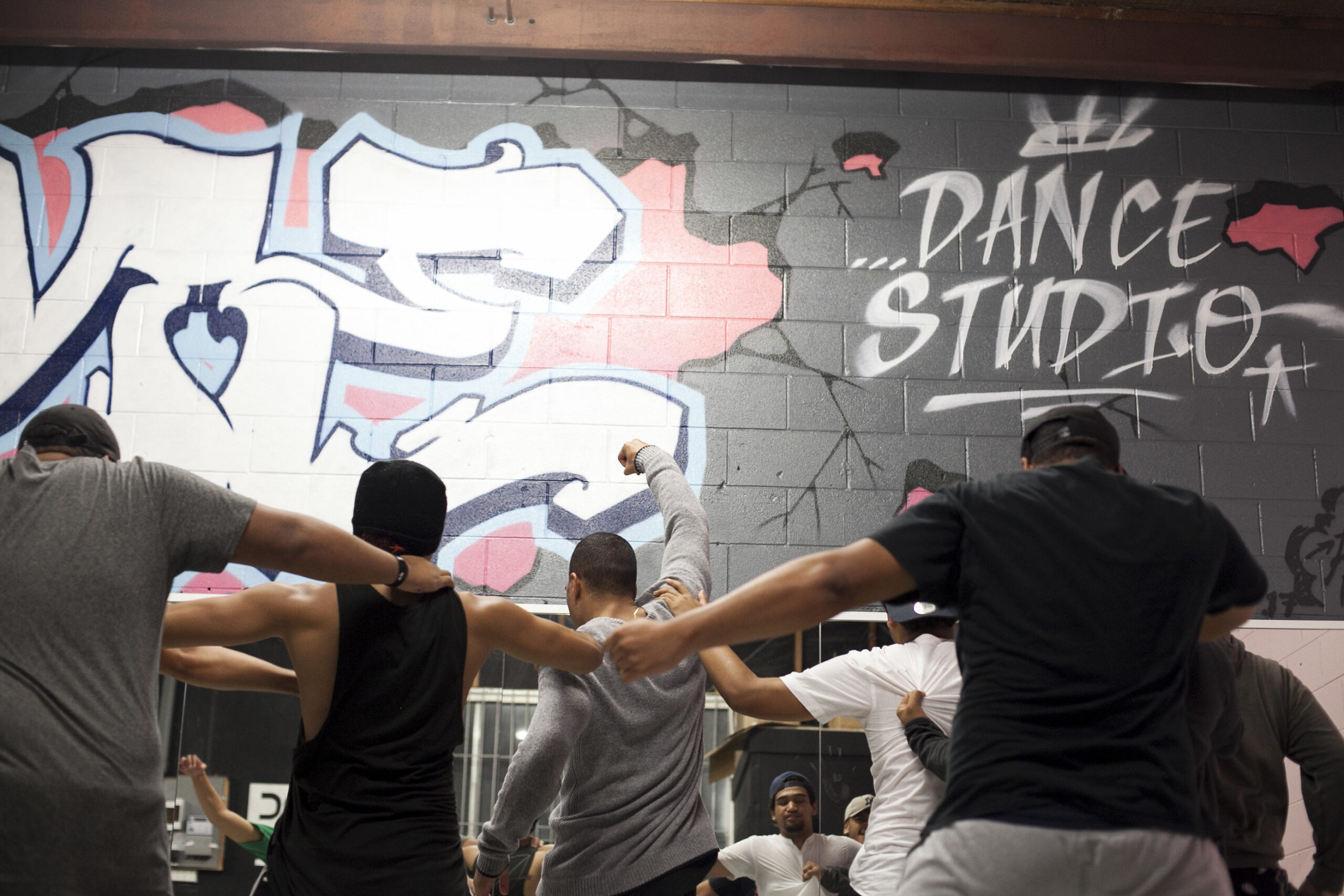Hip Hop as a Lifeline: Nurturing Resilience in Youth Facing Social Challenges

In a world marked by poverty, inequality, violence, addiction, and poor mental well-being, the burden often falls heaviest on our youngest and most vulnerable. It is relevant for New Zealand too, where children and young people frequently bear the brunt of these social challenges, which can have long-lasting impacts on their prospects. However, there’s an art form that has emerged as a powerful tool for nurturing resilience and coping with these challenges: hip hop.
Hip Hop as a Voice in the Darkness
Hip hop, beyond its musical and dance elements, is a culture and a movement that allows young people to express themselves authentically and assert their presence in a world that often seems stacked against them. It provides a platform for them to articulate their experiences, fears, and hopes. Through its rhythm, lyrics, and dances, hip hop offers an avenue for creative expression and a means to find their voice amidst adversity.
A Bridge Over Troubled Waters
For youth grappling with poverty and inequality, hip hop can serve as a bridge over troubled waters. It provides a sense of belonging and a supportive community that often transcends the limitations of their immediate surroundings. In the world of hip hop, your worth is not determined by your socioeconomic status but by your creativity and passion.
Violence and Healing Through Art
Violence is an unfortunate reality in many communities, and hip hop provides an outlet for healing and coping. Lyrics can tell powerful stories of trauma and resilience, offering a means for young people to process their experiences. Dance battles, an integral part of hip hop culture, offer a non-violent and constructive channel for competition and conflict resolution.
Addiction Recovery Through Rhymes
Addiction can plague young lives, but hip hop offers an alternative addiction: the addiction to creating and sharing art. The process of writing, recording, and performing songs can be a powerful distraction and a source of positive reinforcement. It’s a way to channel the passion that might otherwise be directed toward destructive behaviours into something constructive.
Mental Wellbeing: A Rhyme Away from Relief
Poor mental well-being is a pervasive issue among young people, exacerbated by social challenges. Hip hop provides an emotional outlet, allowing individuals to explore and express their feelings. The act of writing and performing music can be therapeutic, a way to confront one’s struggles and fears while connecting with others who have similar experiences.
The Future Prospects of Resilient Young Artists
As young people immerse themselves in hip hop, they not only find solace and strength in the art but also develop valuable skills; including communication, creativity, and perseverance. These skills transcend the dance floor or recording studio; they are invaluable in shaping future prospects. Many young artists have used their passion for hip hop as a springboard to careers in music, dance, production, and even entrepreneurship.
In conclusion, hip hop is more than a genre or a dance style; it’s a lifeline for children and young people facing the challenges of growing up in a society they may consider stacked against them. It offers an opportunity to find their voice, forge connections, heal, and develop essential life skills. With the support of community-based organisations such as Imitate Me Dance Community and mentors, hip hop can truly be a powerful force in helping young individuals cope with their challenges and realise their potential. It’s not just a form of entertainment; it’s a transformative and empowering culture that can change lives.
